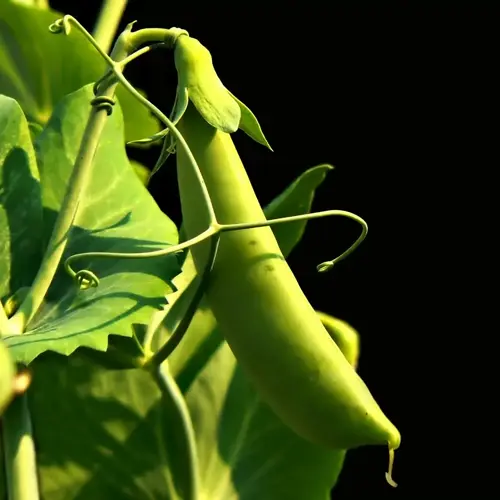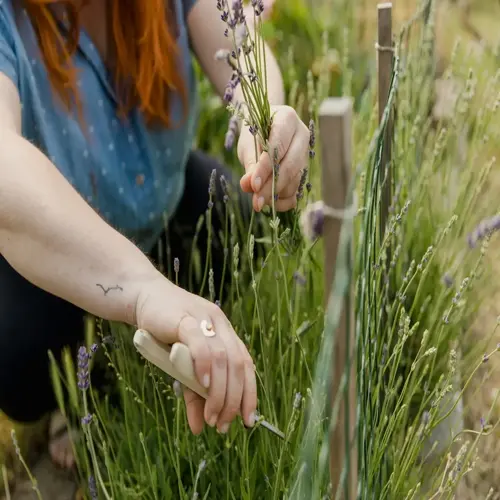How should turnip seeds be prepared before planting?

Written by
Tina Carter
Reviewed by
Prof. Samuel Fitzgerald, Ph.D.Proper seed preparation for turnips enhances germination rates and promotes the growth of healthy seedlings. Do not soak or wet seeds, as water will damage the coating and reduce viability. It is best to mix seeds with extra-fine dry sand for even distribution. Plant outside at shallow ¼-½ inch depth in pre-moistened soil. I personally always check the germination of old seeds.
Soil Preparation
- Moisten soil to 6-inch depth before planting
- Create fine tilth removing clumps larger than pea-size
- Ensure soil temperature reaches minimum 40°F (4.4°C)
- Form shallow furrows with corner of hoe
Seed Handling
- Mix seeds with sand for spacing control
- Use fresh seeds within 2 years of packaging
- Avoid touching with wet hands
- Store unused seeds in airtight containers
The success of seed germination is influenced by planting depth. Shallow planting allows for rapid emergence, but the soil must be kept consistently moist to ensure optimal growth. Planting deeply runs the risk that seedlings will use up all their energy reserves before they emerge. I use a planting guide stick to gauge my depth. The seed must be lightly covered with vermiculite to aid in moisture retention and prevent it from crust over.
Soil moisture management avoids general problems. Maintain a moisture level and prevent over-saturating. Mist nozzles provide gentle irrigation. Cover the seeded rows with burlap immediately until germination occurs. I inspect for moisture twice daily during the critical first week. If you have crusted soil surfaces, gently break them with the rake teeth.
Temperature Control
- Use black plastic mulch to warm soil
- Apply floating row covers for cold protection
- Provide afternoon shade in hot climates
- Monitor with soil thermometers
Troubleshooting
- Replant thin areas with pre-sprouted seeds
- Apply anti-crustant agents to heavy soils
- Use diluted kelp solution for stressed seedlings
- Protect from birds with netting
The freshness of seeds determines planting density. Fresh seeds spaced 1 inch apart develop robust roots. An older seed will require you to grow at a higher population density, with subsequent thinning. I test germination by setting out 10 seeds on a wet paper towel. Discard any batches with a germination rate below 70%. With the right preparation, seedlings can establish a uniform stand.
Read the full article: When to Plant Turnips for Best Results

